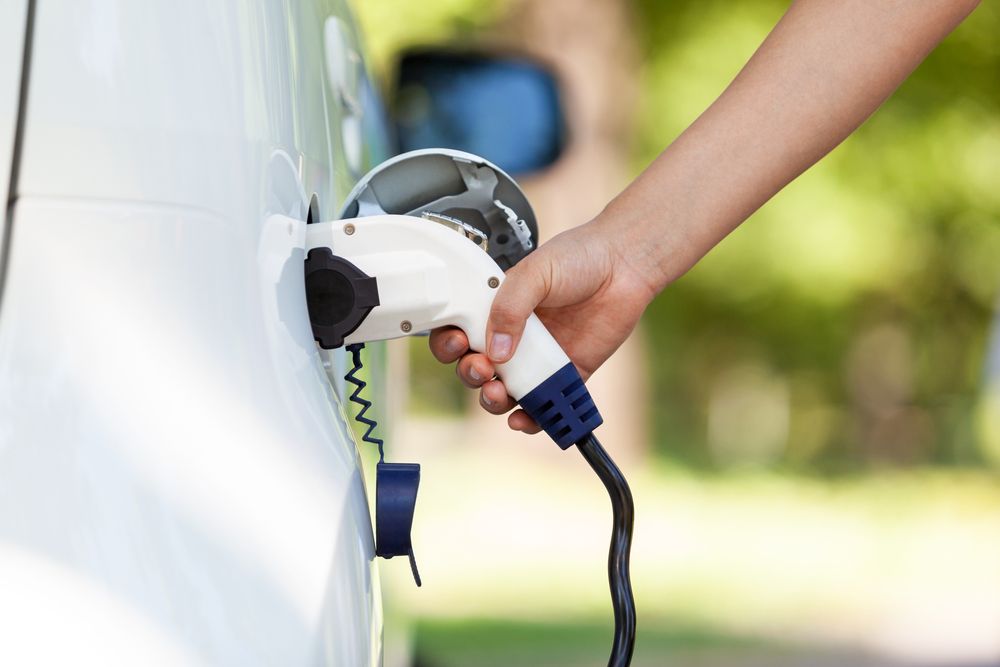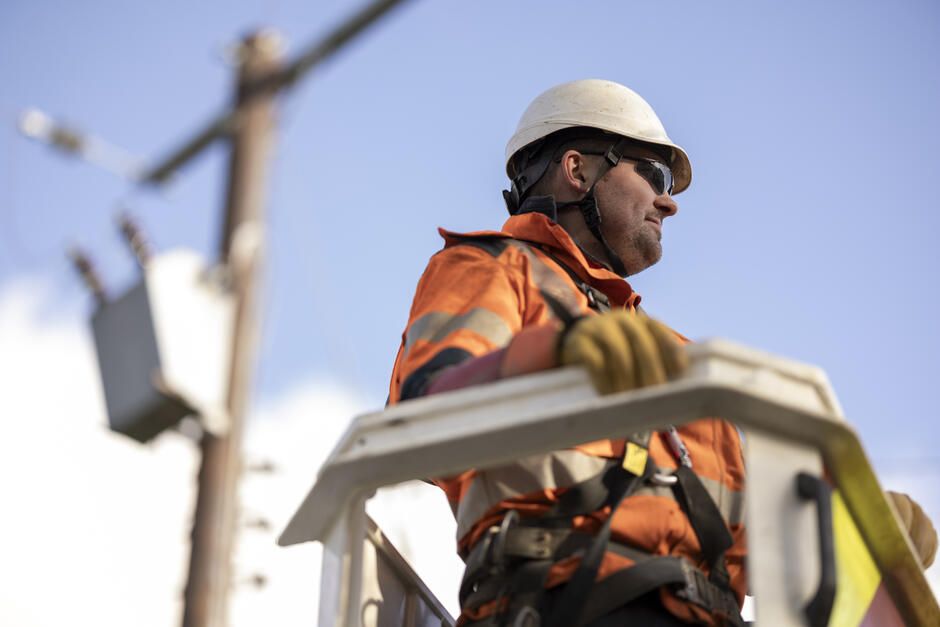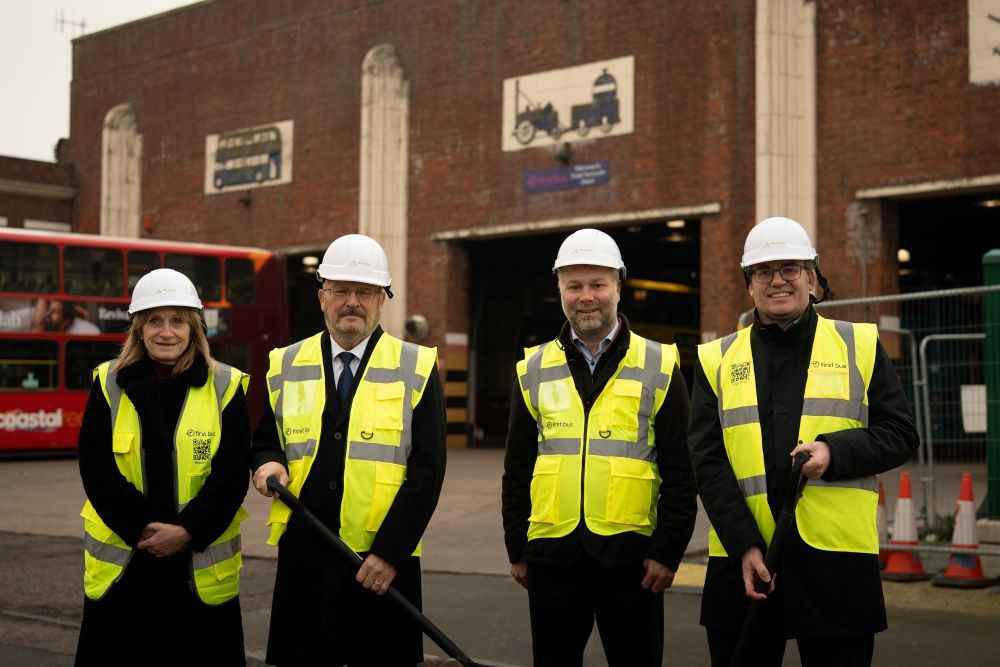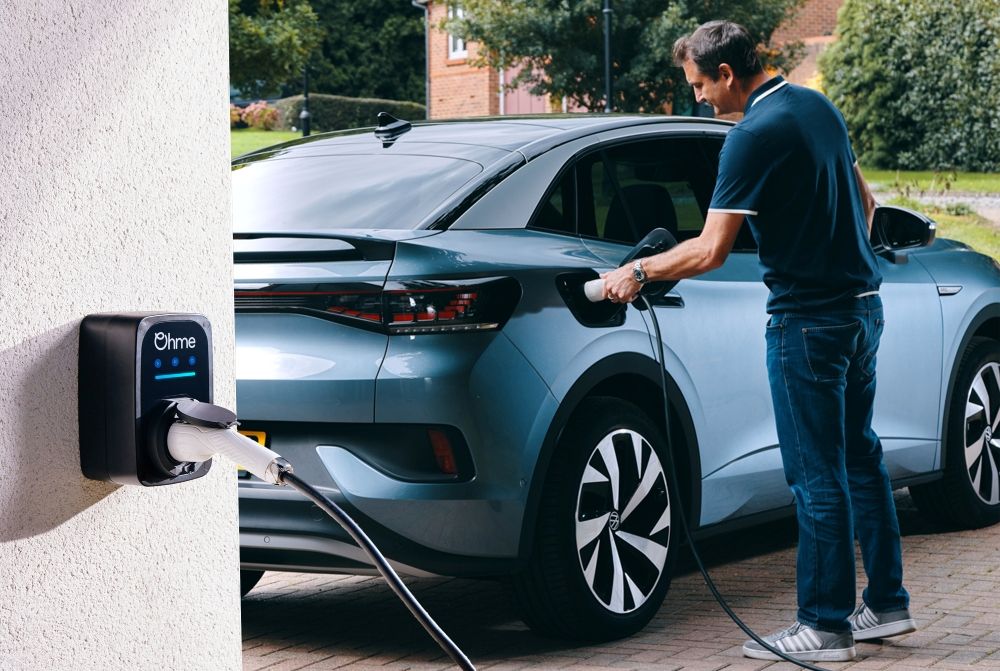The NHS is receiving £8m from the £63m UK Government’s electric vehicle (EV) infrastructure to support its own fleet decarbonisation.
It comes as the NHS runs the second largest fleet in the country with more than 20,000 vehicles delivering 460 million miles each year for NHS services.
The health service, which has a target to fully transition to a decarbonised fleet by 2040, said that the funding would “help cut charging costs, support ownership, and accelerate the shift to cleaner, greener transport across the UK”.
In addition, the investment would help with air pollution, which currently contributes around 36,000 deaths in the UK, often affecting the most vulnerable in communities with existing health conditions, older adults and children.
Electric chargepoints across NHS sits will also reduce fuel and maintenance costs, creating savings that it said that “can be redirected straight back into frontline care”.
The latest investment will span 62 NHS trusts and around 224 sites, and is expected to save the service around £130m across the next 25 years, with a return on investment in just 4 years.
The NHS said that by supporting the transition to electric vehicles, it was “not only protecting the health of our patients and communities — we’re also making sure more of our resources go where they matter most: caring for our patients and protecting our communities”.
Tracy Nicholls, Chief Executive, The College of Paramedics, said:
“The College of Paramedics warmly welcomes the government’s funding agreement to fund over 1,200 new EV chargers at NHS sites. This is a vital step forward in supporting ambulance services to operate more sustainably, in line with our commitment as members of the UK Health Alliance on Climate Change and our collective focus on meaningful change to reduce the impact of air pollution on our patients and communities.
“By supporting ambulance services to move to electric vehicles, we not only reduce emissions and improve air quality, but also save money. We urge the government to maintain this funding long-term to ensure the UK ambulance sector can continue its essential transition to greener, more sustainable fleets.”
Anna Parry, Managing Director of the Association of Ambulance Chief Executives (AACE), said:
“This £3.5 million investment in electric vehicle chargepoints across all ten NHS ambulance trusts is a timely and positive step toward a more sustainable NHS, as outlined in the government’s 10-Year Health Plan.
“In some parts of the country electric ambulances and response cars have already been successfully tried and tested, showing how transitioning the ambulance fleet to electric vehicles could significantly reduce exposure to air pollution for patients and communities, while also offering long-term savings that can be reinvested to enhance patient care.”
Image from Shutterstock











